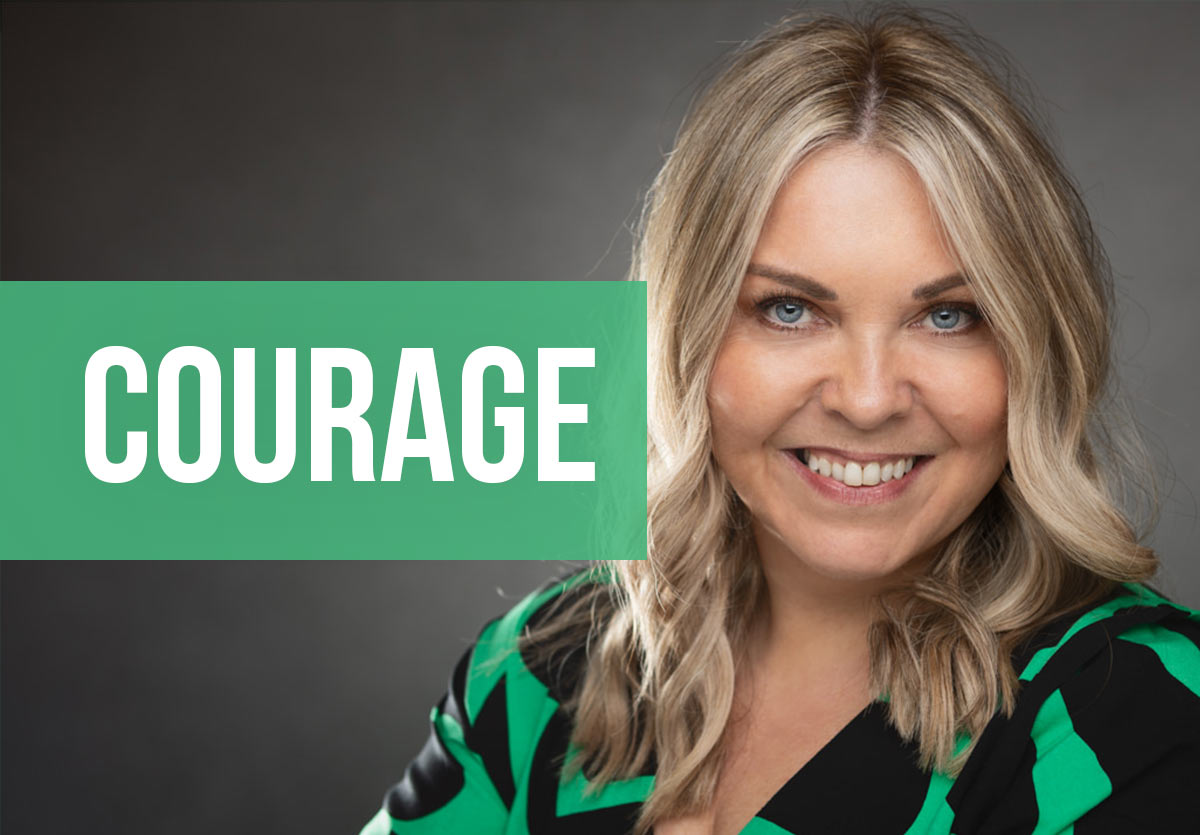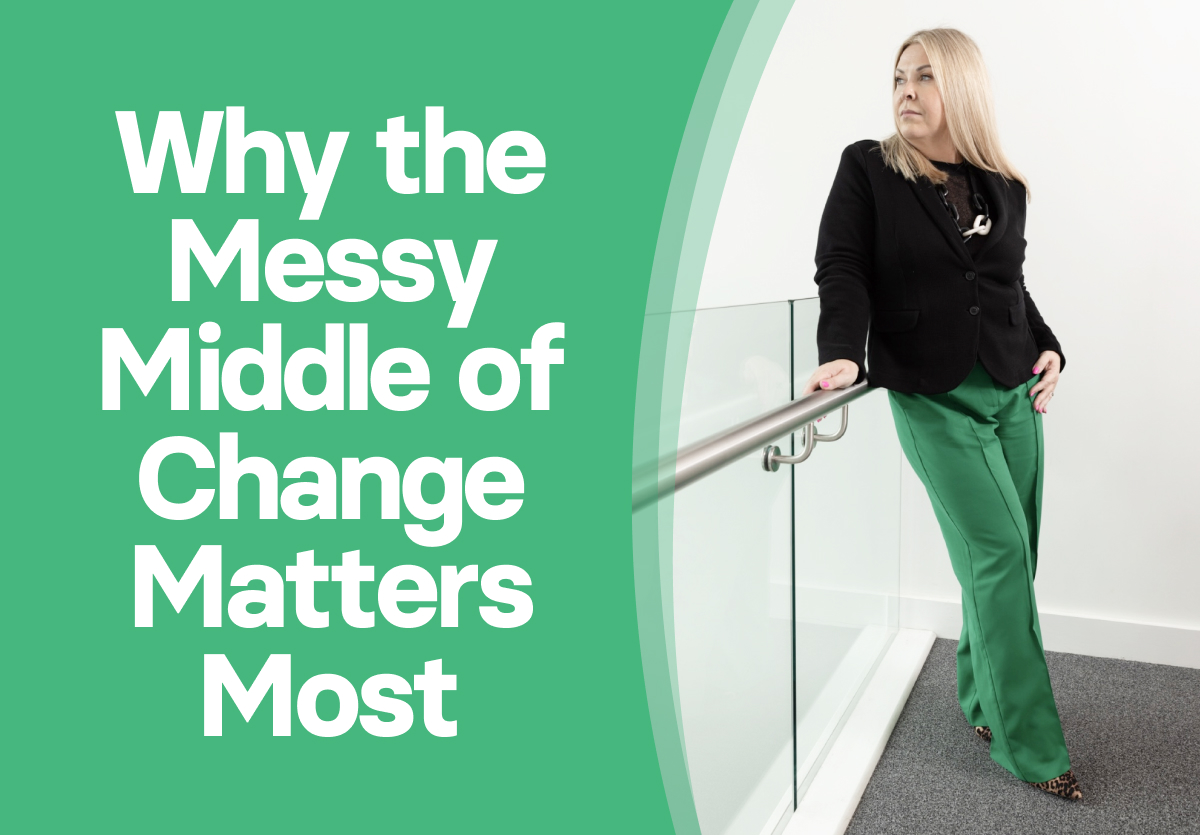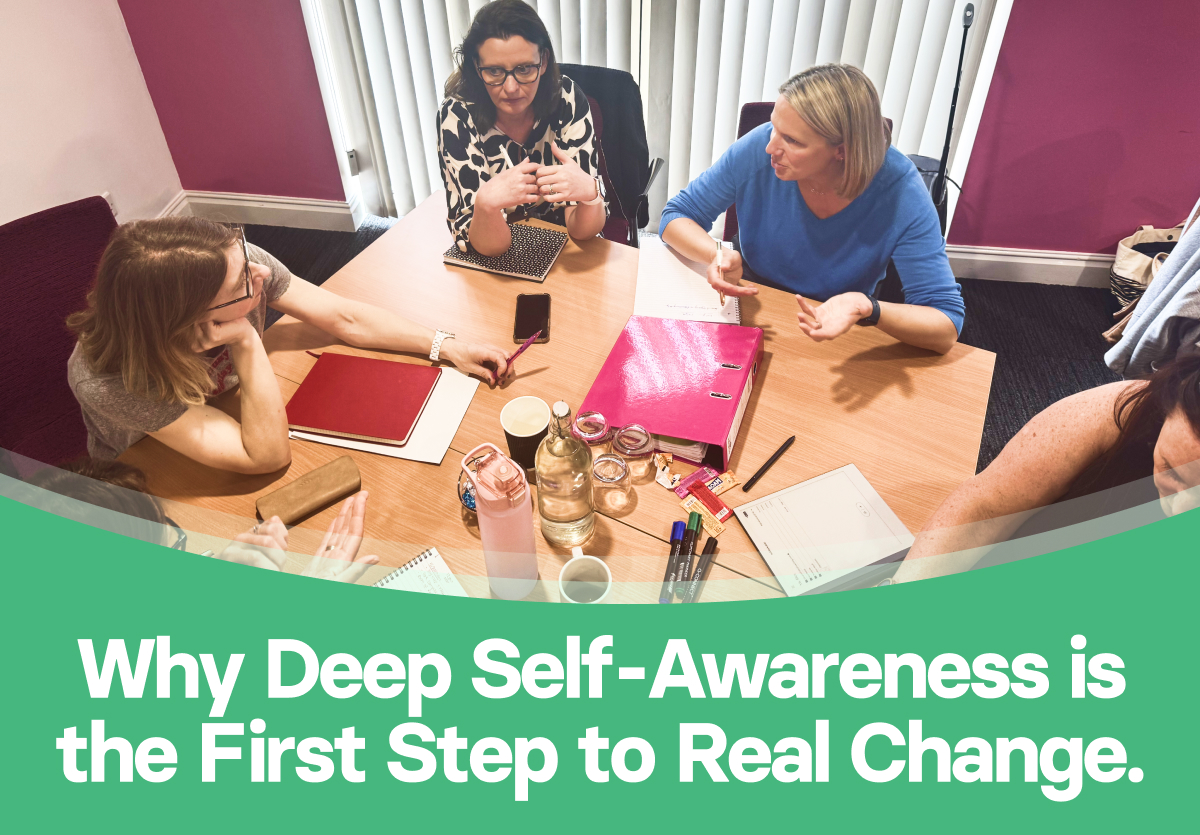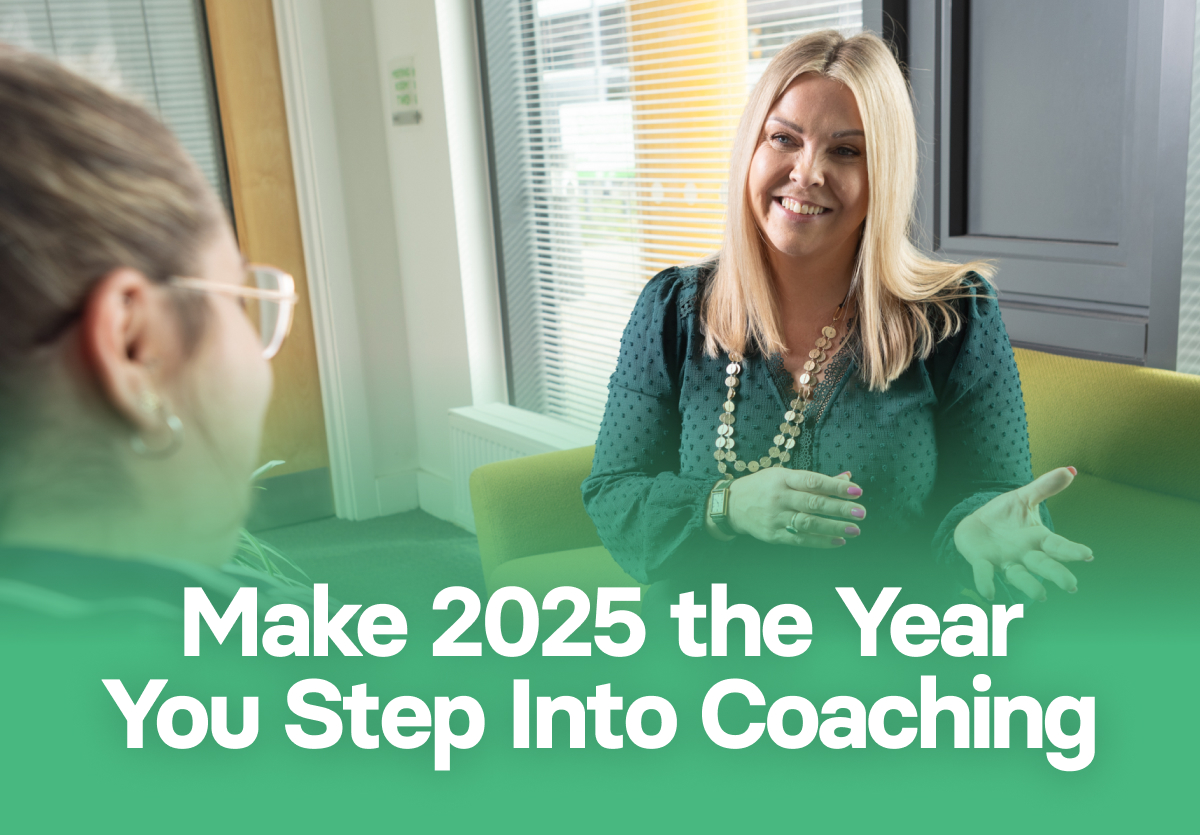In the world of coaching, there’s a fundamental principle that we must always keep in mind: our primary responsibility is to give our clients what they need, not necessarily what they want.
It’s an art that requires finesse, empathy, and, at times, the courage to say no when a client’s desires clash with their true needs.
This can be hard if you need clients of course, but will pay dividends.
Allow me to illustrate this principle with a recent experience I had during a discovery call.
The client in question had grand aspirations but found herself continually self-sabotaging her efforts, leading to stagnation rather than progress.
She had a busy job, and her goals were financial, health, fitness, and work related.
A lot of balls to juggle.
She expressed a desire for a coach to hold her accountable, even though the pursuit of these ambitious goals was causing her, by her own admission, immense stress.
In her mind, a coach with a whip-cracking approach seemed like the answer to her problems.
However, as experienced coaches, we understand that success in coaching isn’t about pushing clients relentlessly towards their goals, especially if those goals are misaligned with their true selves.
I chose a different path. I explained to her that, in order to break free from this cycle of self-sabotage, we needed to start at the very foundation.
We needed to delve deep into understanding the root causes of her self-sabotaging behavior.
We needed to ascertain whether the goals she had set for herself were genuinely aligned with her core values and desires.
And most importantly, we needed to find a way for her to integrate these aspirations into her life in a manner that was sustainable and fulfilling.
She resisted this approach. She didn’t want to explore the depths of her self-sabotage or question the authenticity of her goals. Instead, she insisted on a coach who would enforce accountability measures.
She wanted the short term gain.
Here’s where our duty as coaches comes into play. It would have been the easiest thing in the world to take her money and provide her with transactional coaching that merely scratched the surface.
I could have held her accountable in the way she wanted, but deep down, I knew that it wouldn’t serve her best interests. It would have perpetuated the cycle of self-sabotage and left her frustrated, stressed, and ultimately unfulfilled.
This is the point where we, as coaches, must be brave enough to say no.
It’s a difficult decision to make, especially when we are genuinely eager to help our clients. But our duty is not to cater to their immediate desires; it’s to guide them towards lasting transformation and success.
Sometimes, that means going back to the past, and building a strong foundation before moving forward.
In this particular case, I had to tell the client that I wasn’t the right coach for her. It was a decision based on the firm belief that my coaching philosophy and approach were not aligned with her immediate expectations.
I knew that what she needed was a different type of coaching, one that delved into self-discovery, personal alignment, and sustainable progress rather than immediate, high-pressure accountability but she wasn’t prepared to hear it.
As coaches, we must always remember that our role extends beyond providing what’s comfortable or convenient for our clients. We are catalysts for growth, transformation, and self-realisation. We must have the courage to challenge our clients, gently guiding them towards their true needs rather than merely fulfilling their wants.
So, my fellow coaches, let this serve as a reminder of the importance of being brave enough to say no when necessary, of having the wisdom to discern what our clients truly need, and of our unwavering commitment to their long-term success.
In conclusion, the path of a coach is not always a straightforward one, but it’s a path paved with integrity, empathy, and the determination to make a real difference in our clients’ lives.
Let’s continue to be brave, compassionate, and true to our coaching principles, even when it means saying no for the greater good.







